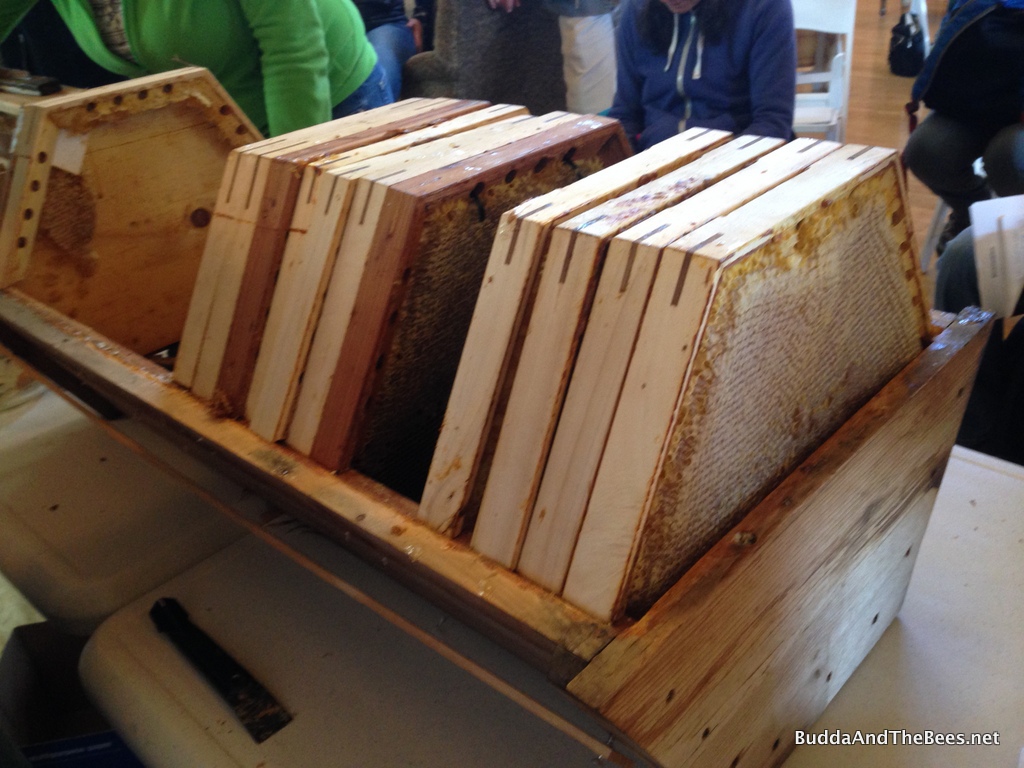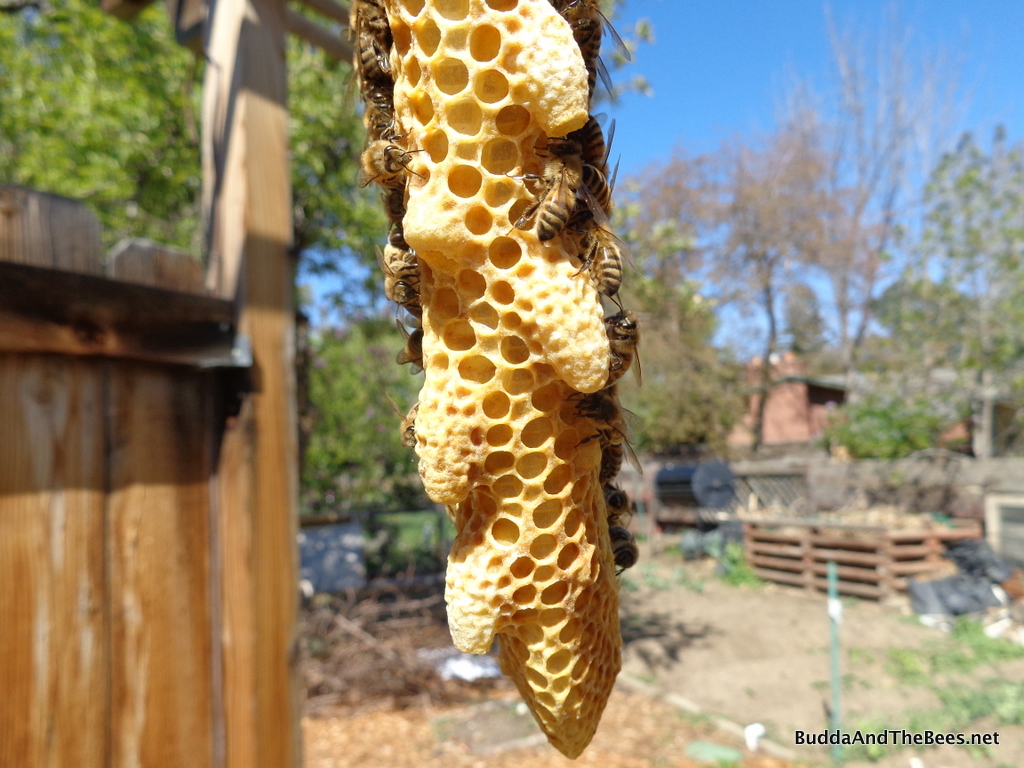Worry Wart
I was chatting with one of Don’s colleagues at a holiday party. As many of the people at this party are employees at the National Oceanic and Atmospheric Administration, worry is a frequent topic as it relates to government funding of the work Don and his colleagues do.
“The funny thing about worry,” Roger said, “is that it works. Most of the things we worry about never come to pass.”
Roger is a funny guy, and we both laughed. He’s speaking to the lure of worrying. From my own experience as a world-class worrier from a long line of worriers, worry is the primitive’s belief we can inoculate us from the tough things in life. The experience of my own life leads me to believe that worry can actually make you sick.
Our oldest son, Geoff, was born when we lived in northeastern Vermont. He was home with us until he was seven months old, when I returned to classes at Lyndon State College, where Don worked, to earn my teaching certificate.We found a space for him in a home daycare. During the first week, he got his first-ever cold. It began a seven-month bout of one cold after another that plunged into bronchiolitis. A low point came a few months later, when his pediatrician, Dr. Karyn Patno, ordered a test for cystic fibrosis, “just to rule it out. He’s not breaking any records in growth.” The twelve-mile ride home was one of the worst times of my life. It was one of the many gray, snowy January days there. The poor little guy had just turned one, and he was miserable, all stuffed up crying in his car seat. Halfway home, I pulled into a parking lot, climbed into the back seat of the car and held him as we cried together.
Fortunately, the CF test was negative. Dr. Patno called a pediatric pulmonologist in Burlington, who recommended treating his condition as if it were asthma. That entailed administering Intal by nebulizing machine, three to four times a day. The first time Dr. Patno gave him a treatment, both of us had to hold him down as he strained and struggled to take off the nebulizing mask. The next time he fussed during the first minutes of the treatment, only to sit cooperatively as we read one of his favorite books. By the third treatment, he allowed me to put the mask with no fuss and even pressed the toggle switch with his tiny fingers to begin the treatment.
| Don, Geoff and I at his last home game his senior year |
He still got colds, and they were still hard on his system, but between the Intal and additional treatments of the classic anti-spasmodic asthma drug, albuterol, he didn’t suffer as much. By the time he was three, he stopped needing his medication. He is 22 now, was a soccer player all through elementary and high school and still plays club and indoor in college. I predict he’ll play well into adulthood. No nasty bout with infantile-onset asthma is gonna stop him.
In the meantime, I was so worried about his health I neglected mine. There were a lot of sleepless nights at Chez Murrayberger, and I pretty much worried day and night about Geoff’s health. At my annual exam my GP noticed blood in my urine. After X-rays yielded nothing conclusive, she ordered a probe of my bladder which turned up an infection easily treated with antibiotics. At around the same time I developed what the doctor first thought was a sinus infection. She prescribed antibiotics which did nothing to budge the massive congestion. An ear, nose and throat specialists found that I had a large benign polyp in my left sinus that required surgery.
When you start growing sinus polyps, you know it’s time to knock off the worrying.
I began to understand that worry isn’t an inoculation against the hard things in life. Difficulties will come, and they will go. Anticipating them does nothing to prevent their arrival. Taking positive action during difficult times is the antidote to worry, or at least it shrinks worry.
My experiences with martial arts and yoga have taught me how soothing and healing proper breathing can be. I dedicate time in all the yoga classes I teach for students to breathe fully and powerfully in the present moment, with the goal of developing the capacity to allow the breath to kick in automatically whenever they find themselves in stressful situations. Finding and maintaining a reservoir of calm in the crazy situations we can’t avoid is the true antidote to the ravages of stress.




0 Comments